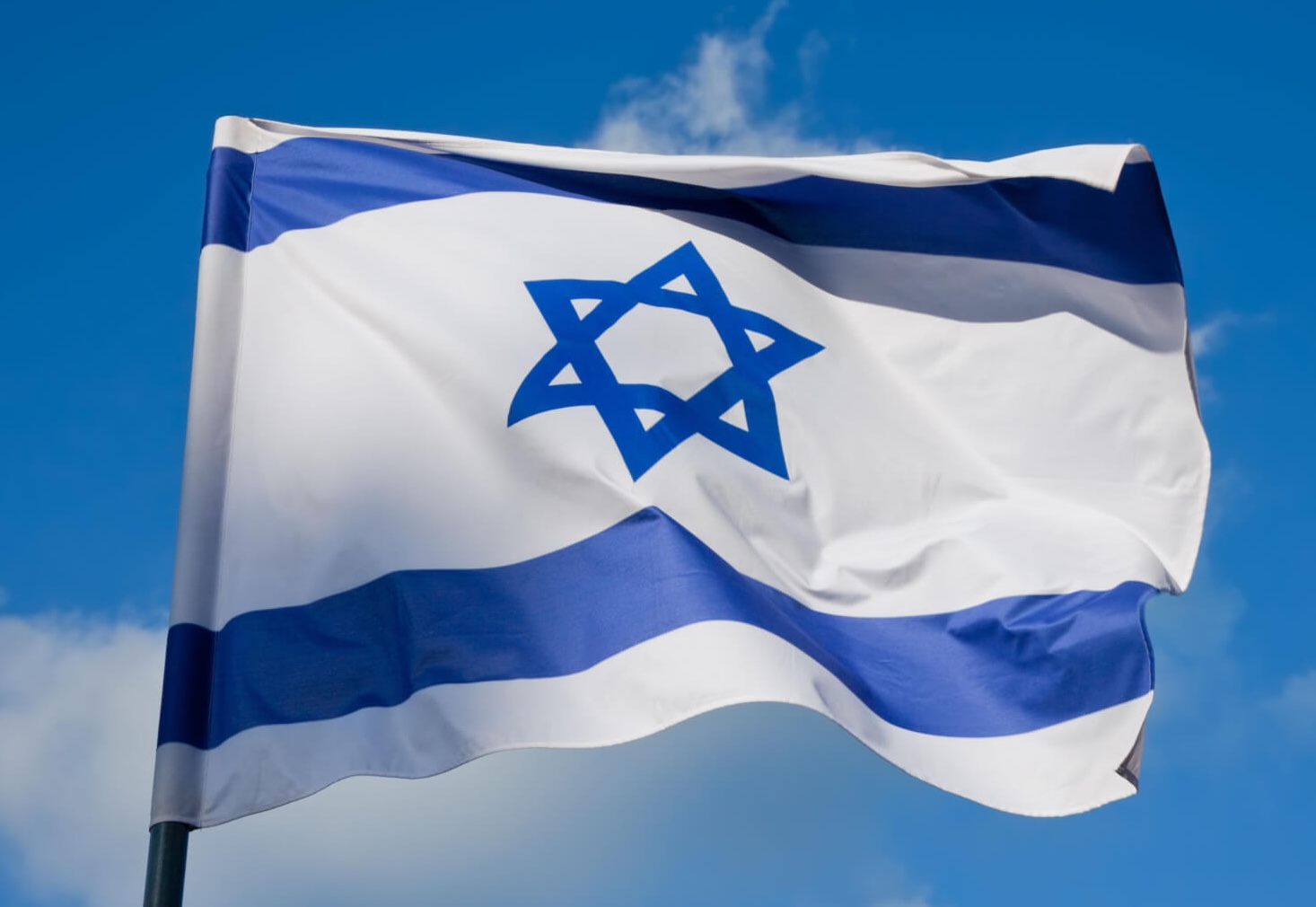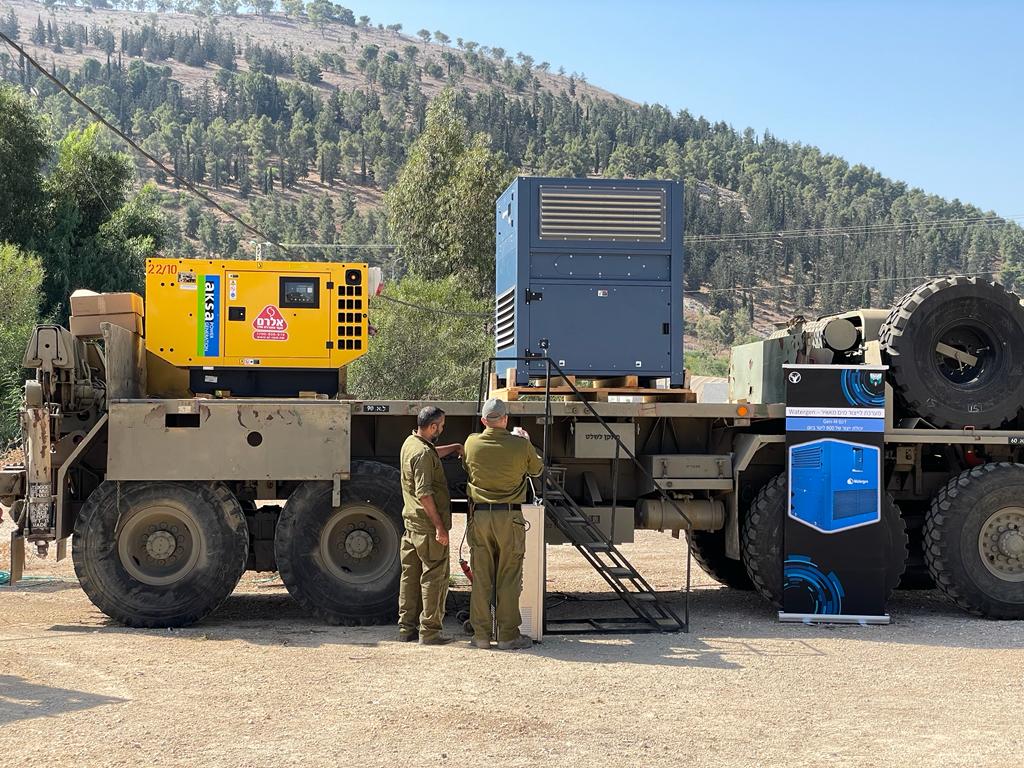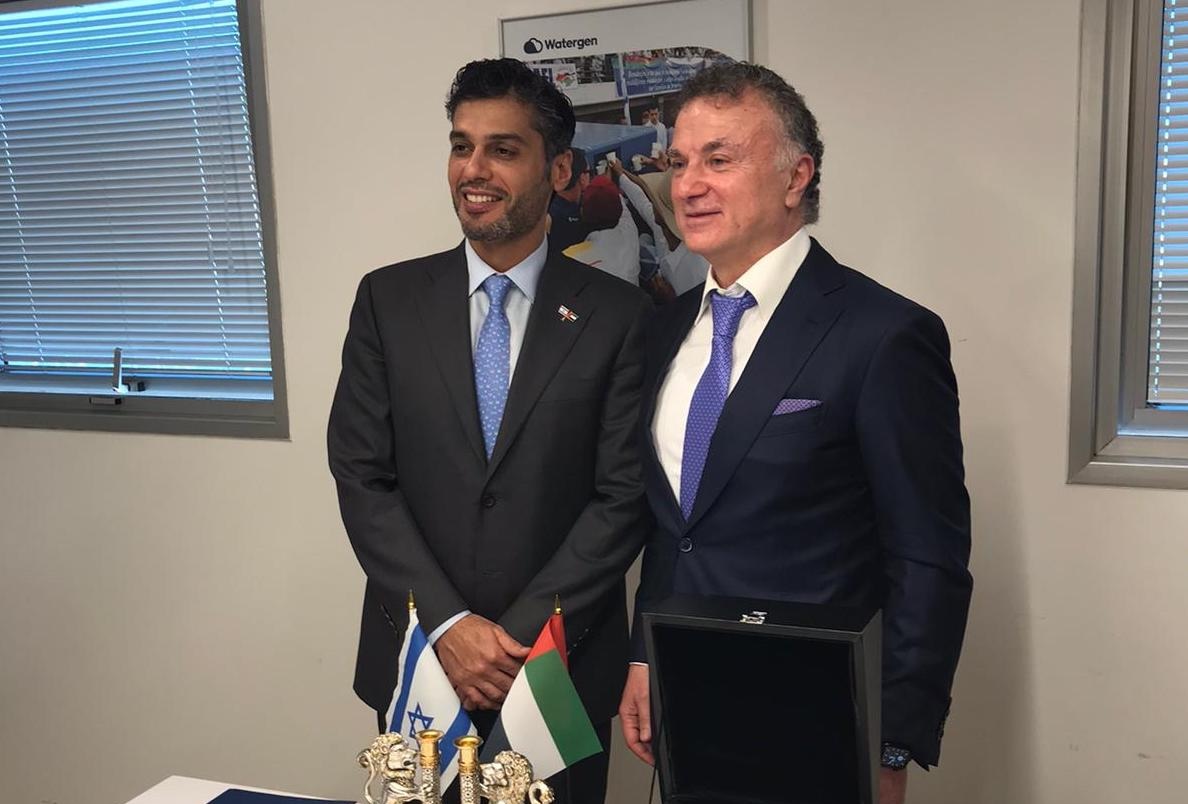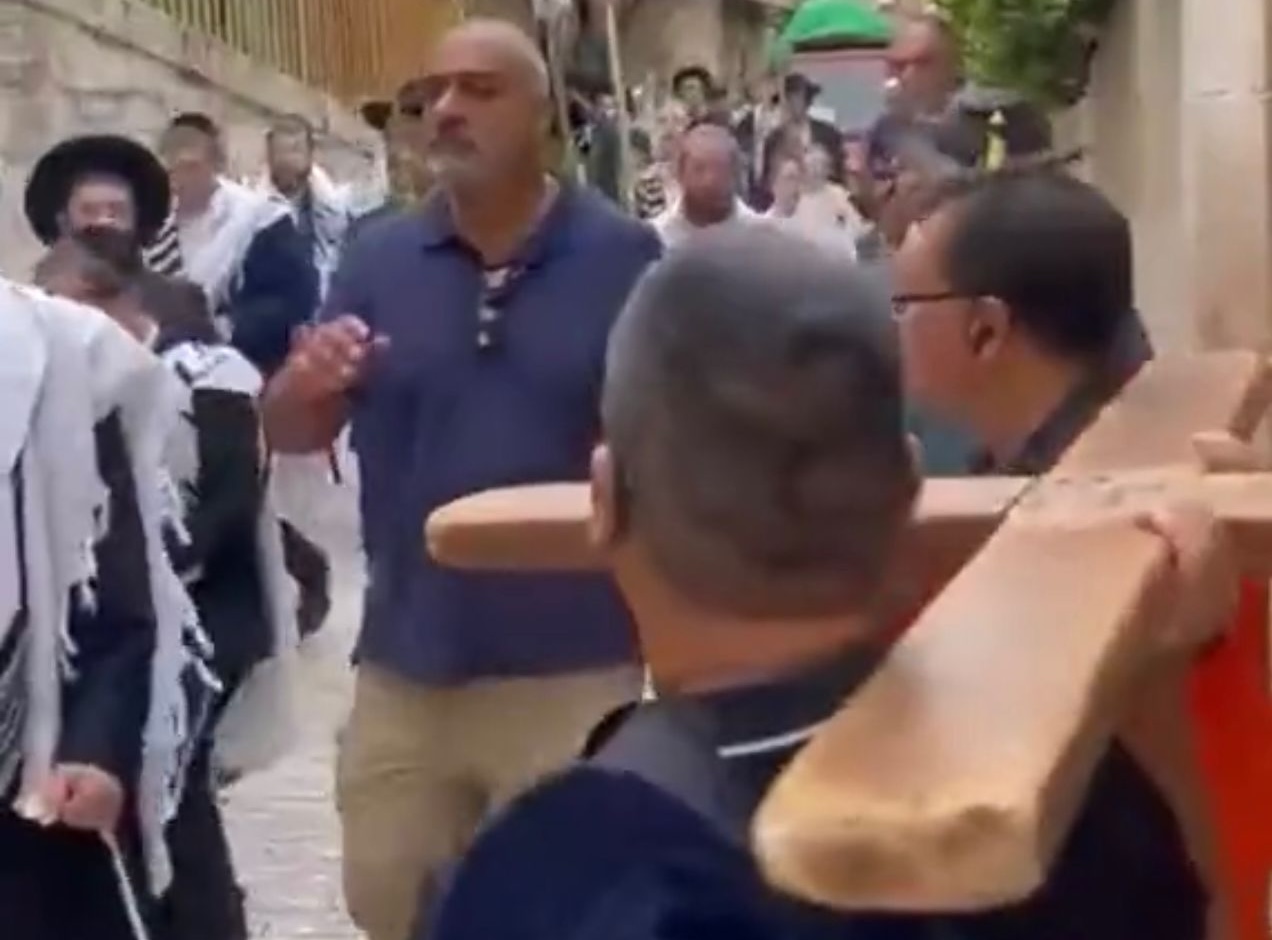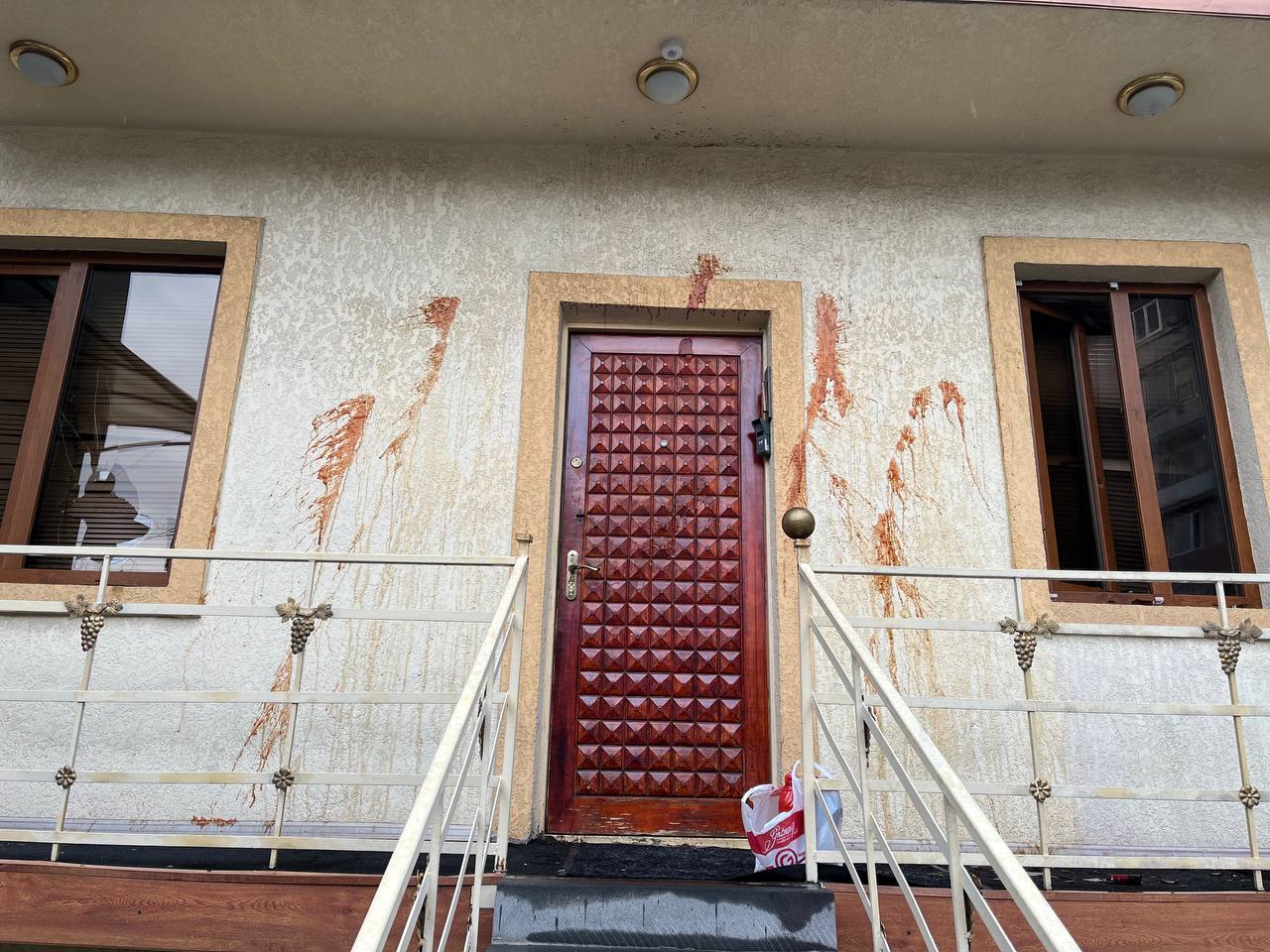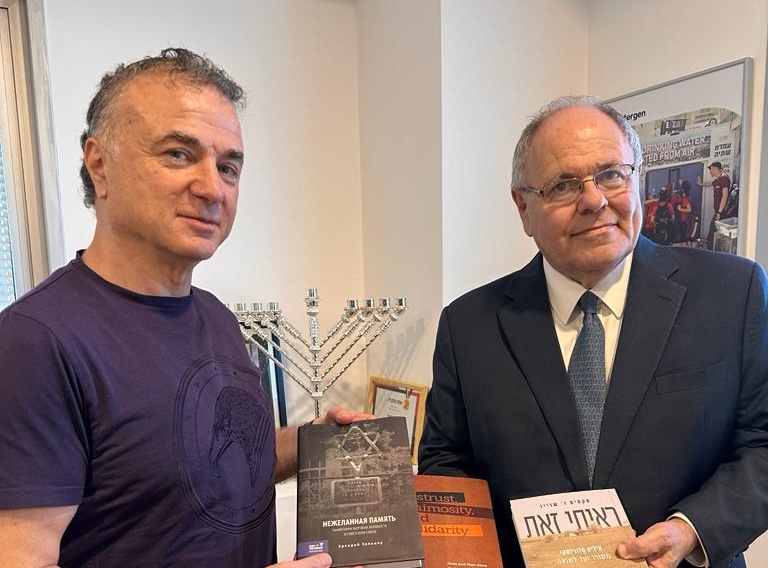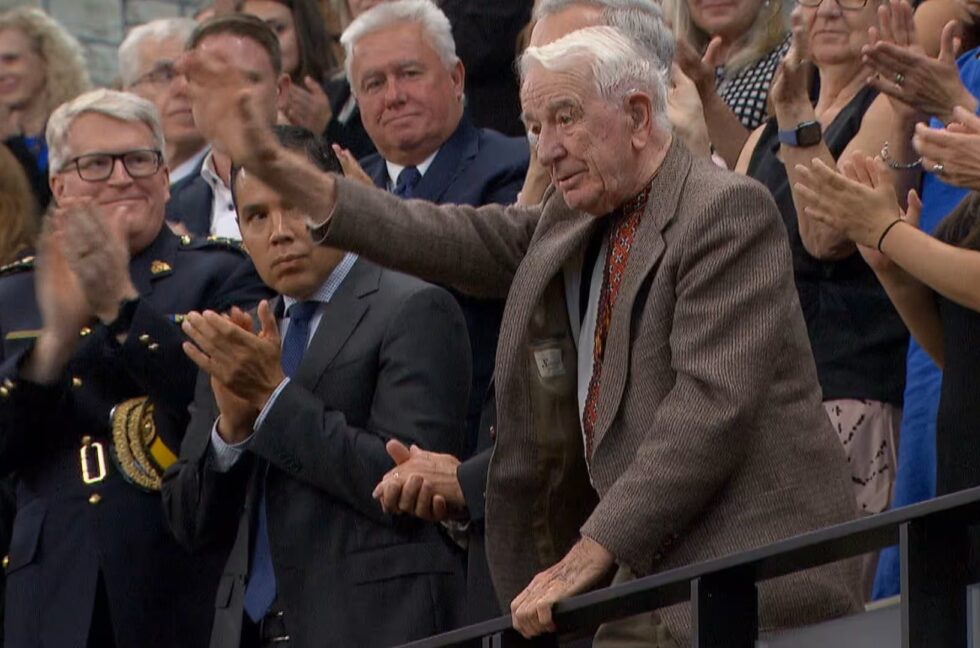Amidst Israel’s war with the terrorist group Hamas, which carried out a brutal attack on Israeli civilians on October 7, the Euro-Asian Jewish Congress (EAJC) announced a fundraiser and is actively involved in many activities, helping the Israeli healthcare system, soldiers and victims. Activities include facilitating the evacuation and temporary relocation of southern Israeli residents and purchasing necessary equipment for medical institutions and the IDF.
On the initiative of EAJC president Dr. Michael Mirilashvili, his WaterGen company installed innovative water generators at IDF bases to extract drinking water from the air.
Chairman of the Board, Aaron G. Frenkel, donated several hundred thousand dollars to key non-profit organizations in Israel. Funds donated to Israel’s largest volunteer organization, Yad Sarah, were allocated for the urgent purchase of medical equipment and assistance in rehabilitating wounded Israelis who suffered from the terrorist attack.
Support was also provided to Or Le’Mishpachot, an organization helping families who have lost their loved ones during the IDF service. Also, on the initiative of the Chairman of the board, 5,000 mattresses were purchased for soldiers.
With the help of Congress vice-president Mark Shabad, the EAJC launched a program to assist Israelis with special needs and families temporarily evacuated from settlements in the southern part of the country.
Additionally, the EAJC supports numerous volunteer projects initiated throughout the country since the beginning of the war. Specifically, one such volunteer center in Netanya was provided with provisions, hygiene products, drinking water, and other essentials needed to swiftly integrate mobilized IDF reservists on Israel’s northern and southern borders.
The EAJC has started accepting applications from those in need of such assistance. To apply, send us an email to at [email protected]. All requests will be promptly reviewed.
EAJC staff continue to monitor the situation and promptly respond to numerous calls for help from Israeli citizens affected by this war, providing all possible support to the Israel Defense Forces defending our borders.
“The State of Israel must respond with full force to the act of terror initiated by terrorists from the Gaza Strip on October 7 and continuing to this day. The people of Israel are united against the enemy like never before. In such a critical situation, the leaders of the Euro-Asian Jewish Congress and all the Jewish communities of the Euro-Asian region — cannot stand by and feel their duty to help those in need and support Israel during these challenging times. Together, we will prevail,” noted EAJC president Dr. Mikhail Mirilashvili.
